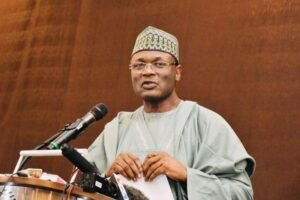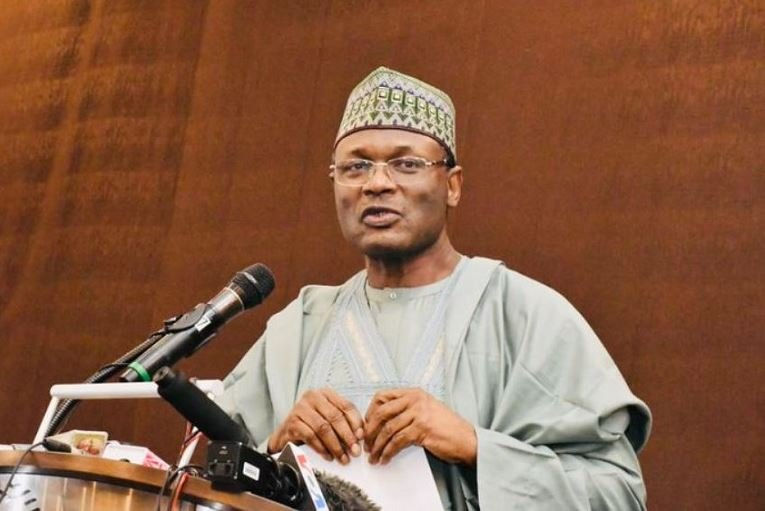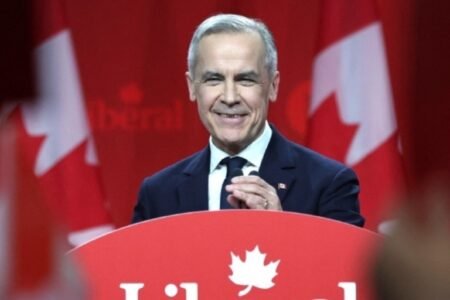The Federal High Court in Abuja has dismissed a lawsuit filed by MultiChoice Nigeria—owners of DStv and GOtv—challenging the intervention of the Federal Competition and Consumer Protection Commission (FCCPC) in its recent subscription price hike.
Justice James Omotosho, who presided over the case, struck out the suit on Thursday, describing it as “an abuse of court processes and a duplicity of actions.”
MultiChoice had approached the court to question whether the FCCPC, under Section 17(a) of its establishing Act, had the legal authority to restrain the company from increasing its pay-TV prices.
The company also sought a declaration that the FCCPC’s directive to reverse the price increase was discriminatory and violated Section 42 of the Nigerian Constitution.
The FCCPC opposed the suit, filing a counter-affidavit. It argued that a similar case on the same issue was already pending before the Lagos Division of the Federal High Court.
On March 1, 2025, MultiChoice had raised its subscription rates by up to 25%, citing inflation and increasing operational costs.
In his judgment, Justice Omotosho stated that MultiChoice should have pursued its case in Lagos, where related proceedings were ongoing.
“The issues raised here can be dealt with in the suit filed in Lagos. The rule of law permits a counterclaim, and although the Lagos suit was filed by the FCCPC, MultiChoice can counterclaim,” he said.
He added that filing a new suit in Abuja instead of responding to the Lagos case was procedurally improper. “The plaintiff could have addressed its grievances in the earlier suit without filing a new one,” he said.
While clarifying the powers of the FCCPC, the judge noted, “The power to fix prices is exclusively that of the President. Any decision taken without such delegation is a nullity.”
He emphasized that Nigeria runs a free market economy, stating, “Nigeria’s economy operates as a free market, with price controls permissible only when set by the President for an entire industry under Section 88 of the FCCPC Act.”
Justice Omotosho warned against overreach by regulators, saying, “If the President chooses to fix prices, it must apply to the entire industry and not a single player unless that player is a monopolist.”
He faulted the FCCPC’s directive to MultiChoice as a violation of the company’s right to fair hearing and noted that it appeared to be selectively applied.
He further rejected the FCCPC’s argument that MultiChoice held a dominant market position. “The use of services like those provided by the plaintiff is discretionary and not essential. Nigeria can do without them,” he said.
Concluding his ruling, Justice Omotosho said MultiChoice operates in a non-regulated industry with multiple competitors and that there was no evidence showing its pricing to be excessive. He added that the FCCPC could investigate and report findings, but not enforce price changes unless empowered by the President.
He cautioned that regulatory attempts to fix prices without legal backing could discourage investment and harm the economy. The court reaffirmed that while FCCPC may carry out market investigations, it cannot enforce price controls without the necessary legal mandate.











